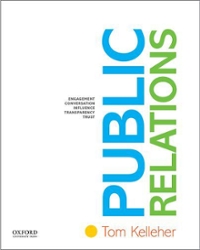Question
A monopolist sells the same product in two different cities and does so at the same price. If p is the unit price, the demand
A monopolist sells the same product in two different cities and does so at the same price. If p is the unit price, the demand for the product in city #1, denoted D1(p), is given by D1(p) = 180 p. The demand for the product in city #2 is given by D2(p) = 70 p. The monopolist has a constant marginal cost of $5 per unit.1.What unit price for the product will maximize the total profit of the monopolist?[2 points] Answer:
Justification:
2.Suppose city #2 provides a subsidy equal to 85% of the selling price on the product for each unit sold in city #2. For example, if a consumer in city # 2 pays $1 a unit, the monopolist receives $1.85 in revenue. The additional $0.85 comes out of city #2's coffers. No subsidy is earned for a purchase made in city #1. The consumers of both cities still face the same price. If the monopolist must set the same unit price in each city, which unit price will maximize the total profit of the monopolist?[2 points]
Answer:
Justification:
3.What is the maximum amount that the monopolist would be willing to pay a lobbyist to get such a subsidy enacted, or, what is the maximum they would pay to ensure that it is not enacted?[2 points]
Answer:
Justification:
Step by Step Solution
There are 3 Steps involved in it
Step: 1

Get Instant Access to Expert-Tailored Solutions
See step-by-step solutions with expert insights and AI powered tools for academic success
Step: 2

Step: 3

Ace Your Homework with AI
Get the answers you need in no time with our AI-driven, step-by-step assistance
Get Started


